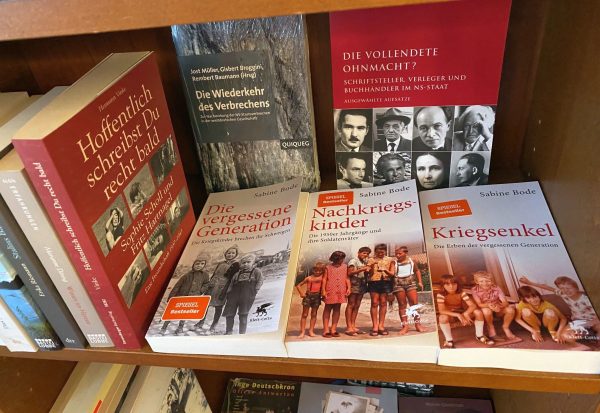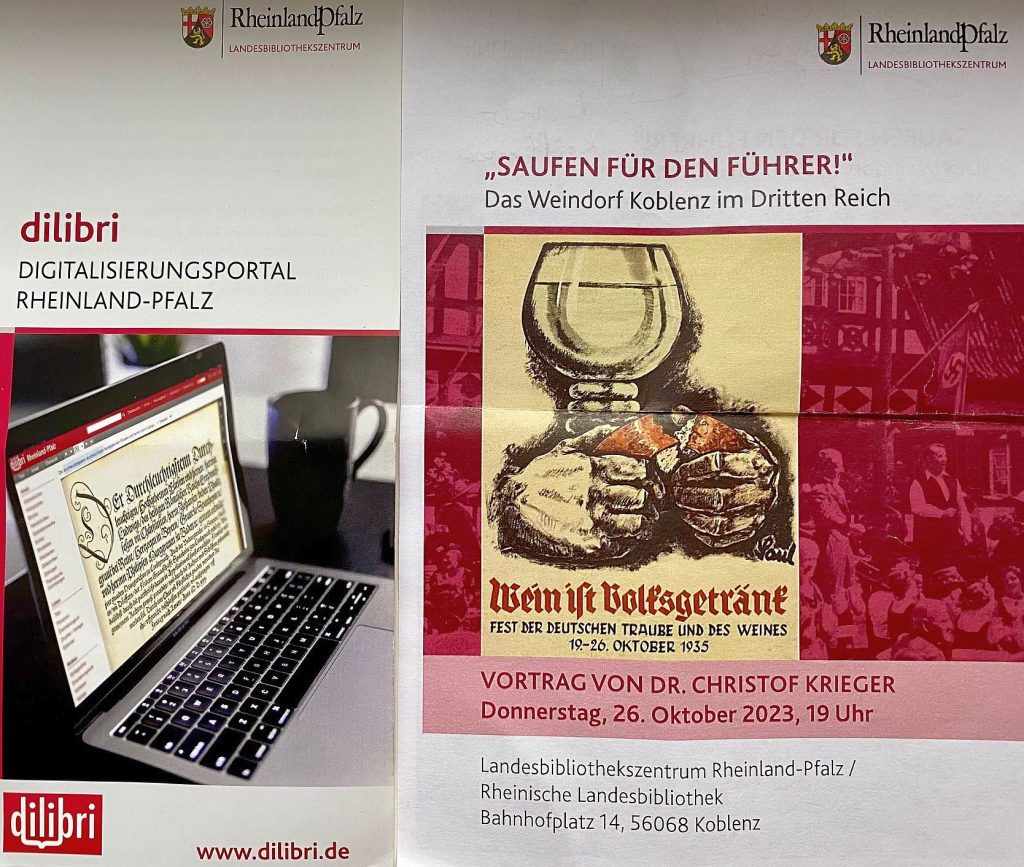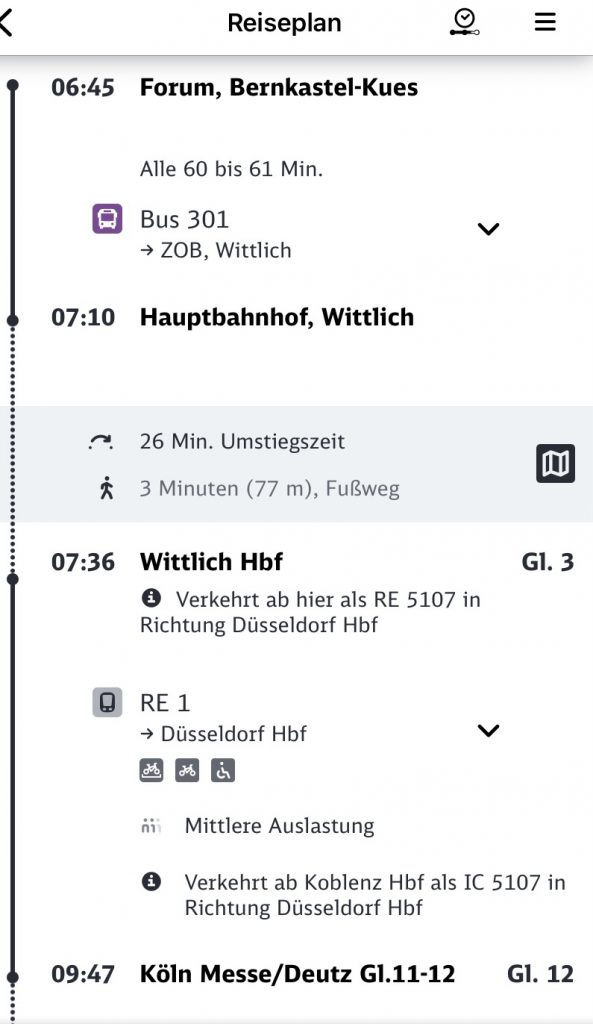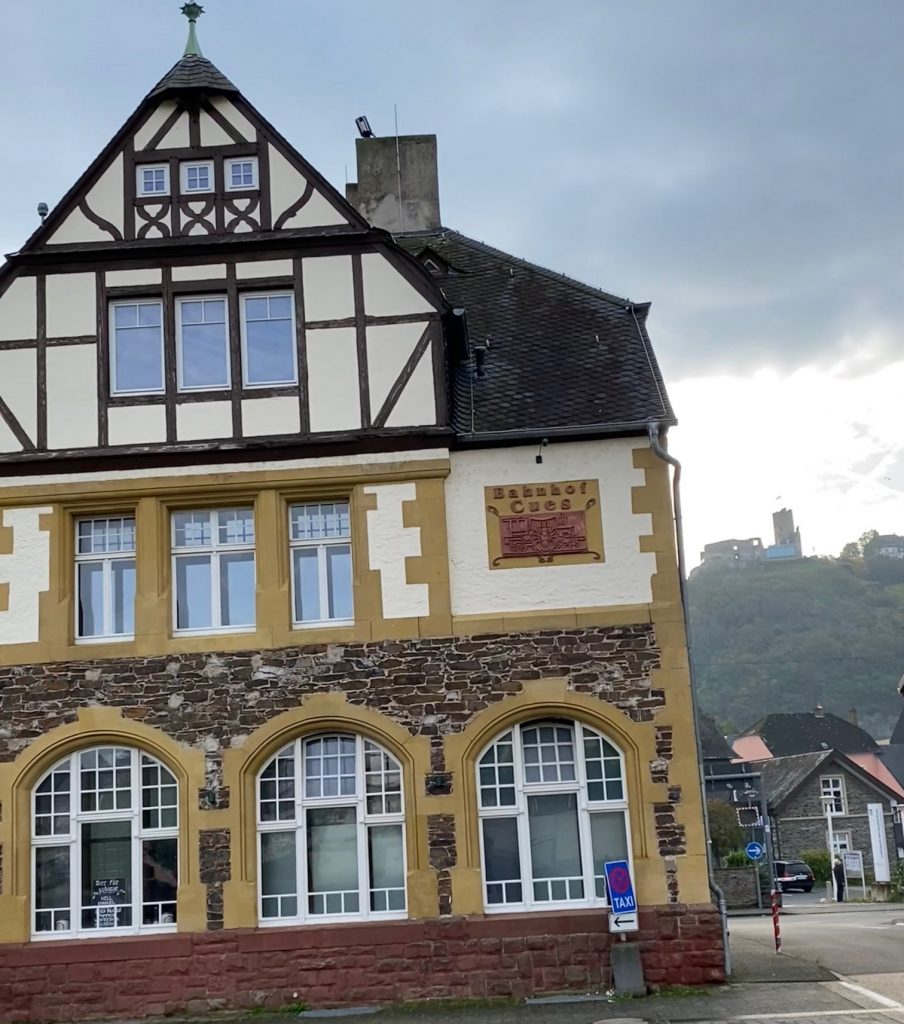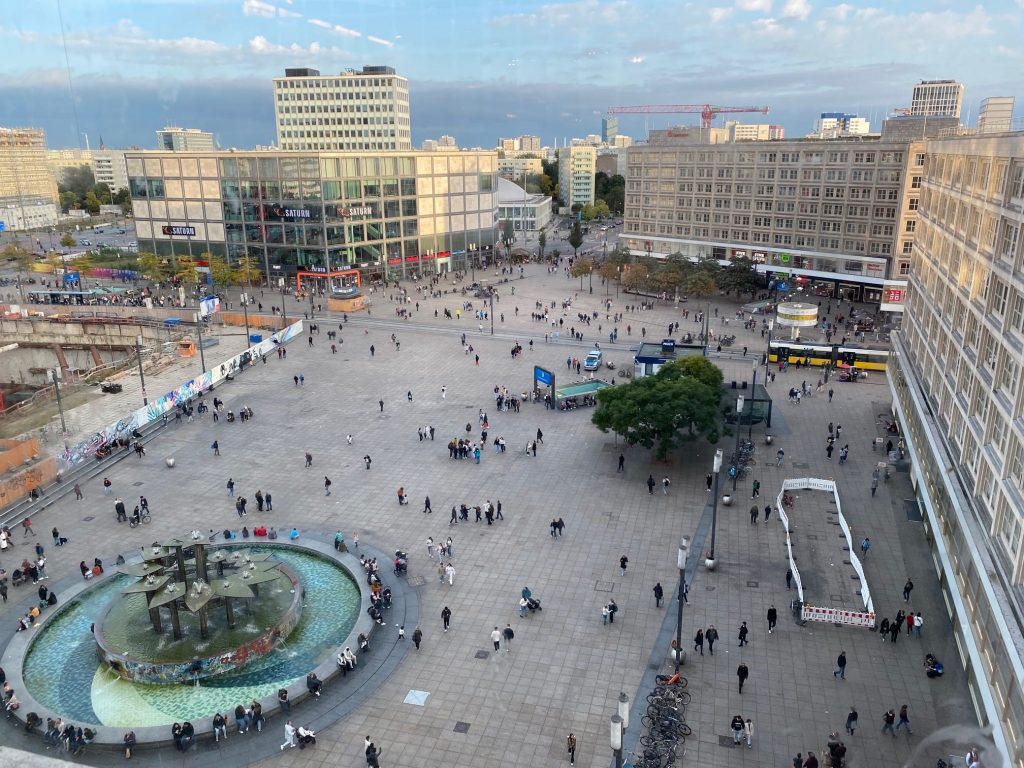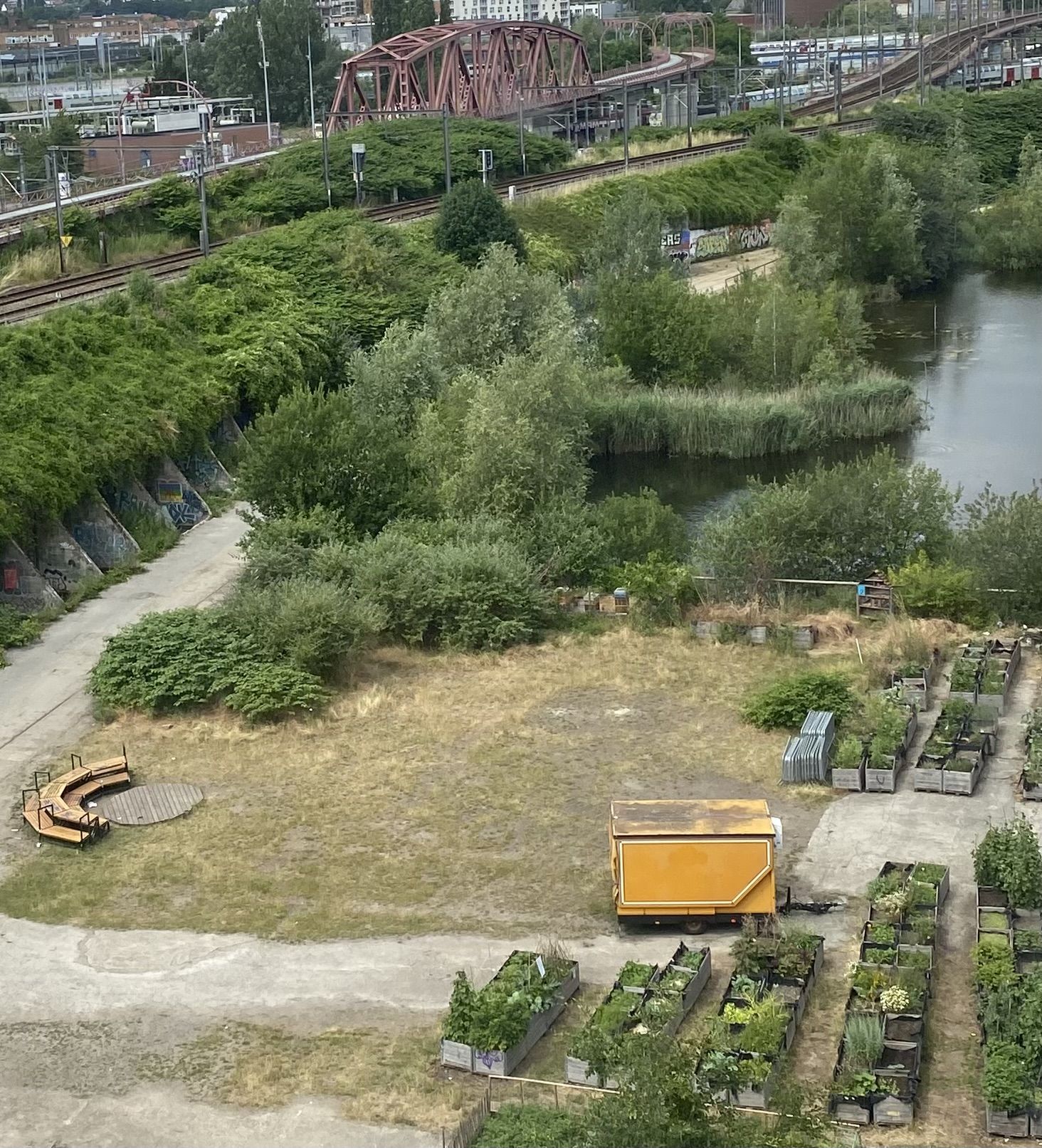In the Germany of the 21st century, we have to dig deeper into history to understand the Jewish heritage due to the horrific terror of the Nazi-regime and it’s millions of supporters. The traces can be found in some historic photographs even in the countryside. Marie-Louise Conen and Hilde Weirich (2010) have thoroughly studied such documents for the Moselle village of Lösnich. The little annex to a house served as a Synagogue (image below). The village has a history of Jewish settlements which extended to neighboring villages as well. Interestingly, the heritage of Napoleon’s occupation of the Rhine and Moselle regions brought equally for all men (not yet women) and the separation of the state and religion making Jewish life, property acquisition more easy. The tolerance of the 19th century was then reversed by Nazi Germany again. History is present in many places, where we do not seem to expect it nowadays.
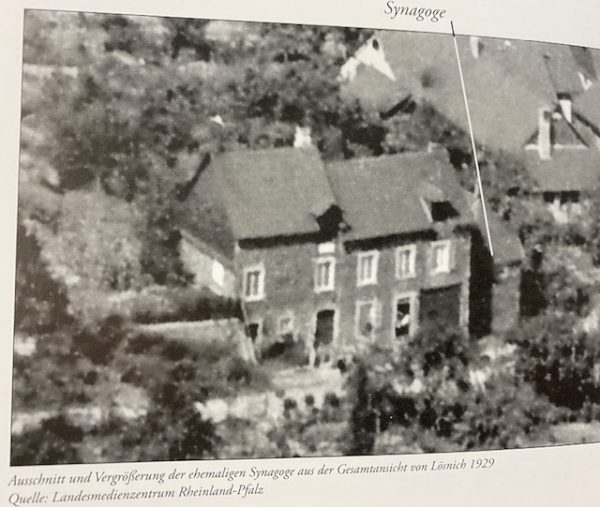




 These measures are important for crops and agriculture, but also for trees and vegetation in general. The droughts of the last years show a lack of humidity in large parts of East Germany.
These measures are important for crops and agriculture, but also for trees and vegetation in general. The droughts of the last years show a lack of humidity in large parts of East Germany.




 Zeitdruck bei der Heimkehr oder beim Wegfahren lassen auf die Begründung der Nachdrücklichkeit der Aufforderung schließen, bitte Ausfahrt freihalten.
Zeitdruck bei der Heimkehr oder beim Wegfahren lassen auf die Begründung der Nachdrücklichkeit der Aufforderung schließen, bitte Ausfahrt freihalten.
